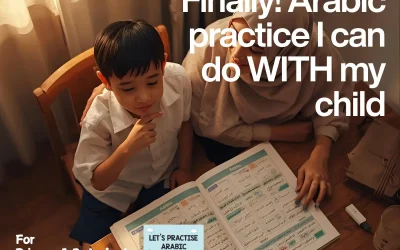As a parent, your role in preparing your child for the MET is not just important, it’s crucial. Your guidance and support can make a significant difference in your child’s preparation. Are you one of the parents eager to guide your child to sit for the MET and qualify for a full-time madrasah in Singapore? Here are some tips to empower you in this journey:
Focus on Fundamentals
The Arabic Alphabet (Huruf):
This is the foundation. There are many resources to help children learn the Arabic letters visually and phonetically.
Workbooks and Flashcards:
Look for age-appropriate workbooks with colorful illustrations and engaging exercises. For instance, “Let’s Practise Arabic – Level 1 (Second Edition)” is a great options. Flashcards are also excellent for quick practice sessions.
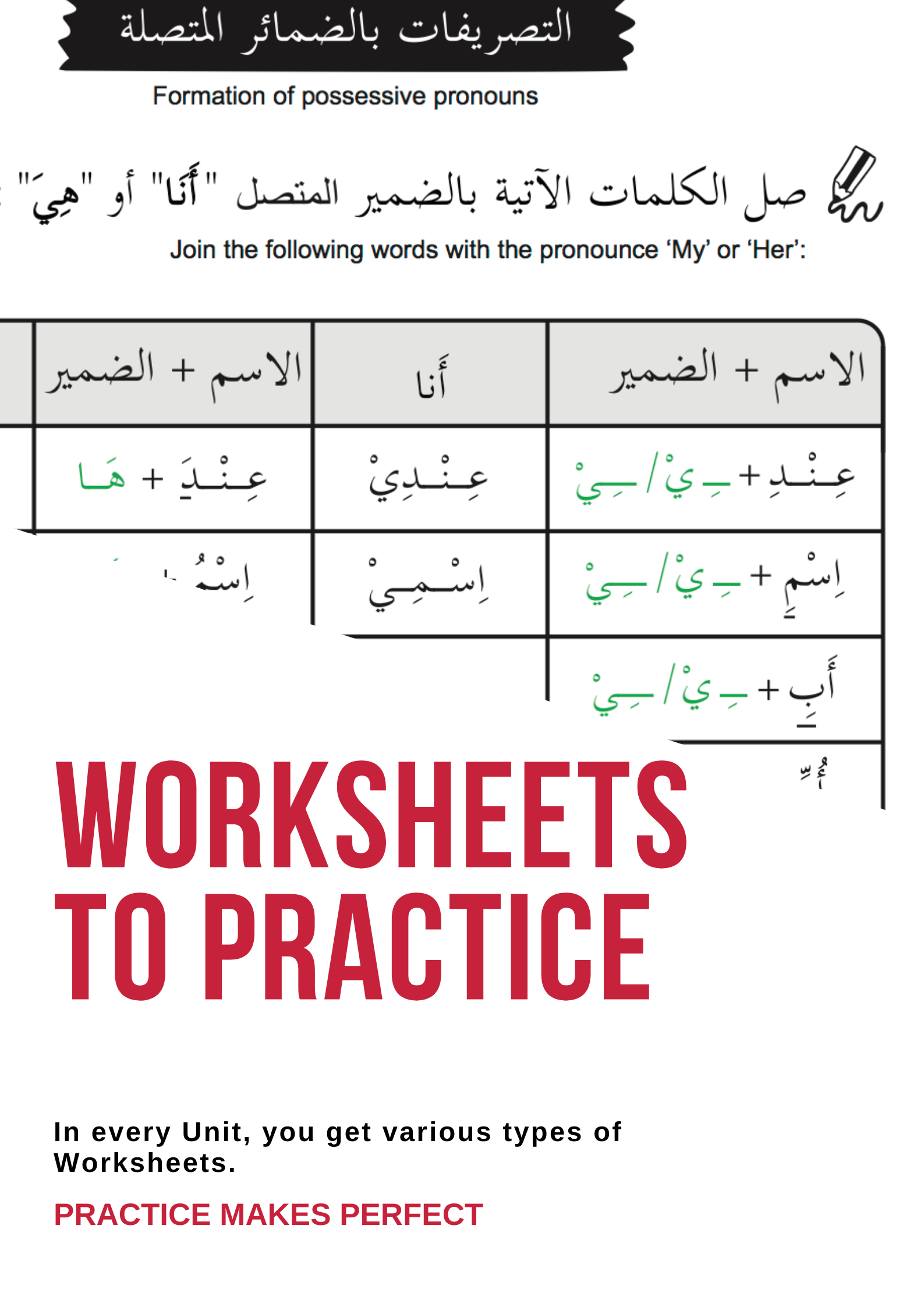
Online Resources:
Websites and apps like “Arabic for Kids” offer interactive ways to learn the alphabet with games and songs.
Basic Numbers and Greetings:
Start with simple vocabulary like numbers 1-10, greetings (hello, goodbye, thank you), and colors.
Apps and Websites:
Many educational apps like “Mango Languages” (subscription required) have sections dedicated to basic vocabulary for children.
Discover the joy of learning Arabic through songs and rhymes!
It’s not just about memorizing letters and words, it’s about embracing a new language and culture. Find catchy Arabic children’s songs online or in Arabic music collections. Singing together is not only a fun way to learn but also a memorable bonding experience.
Make it Fun and Engaging
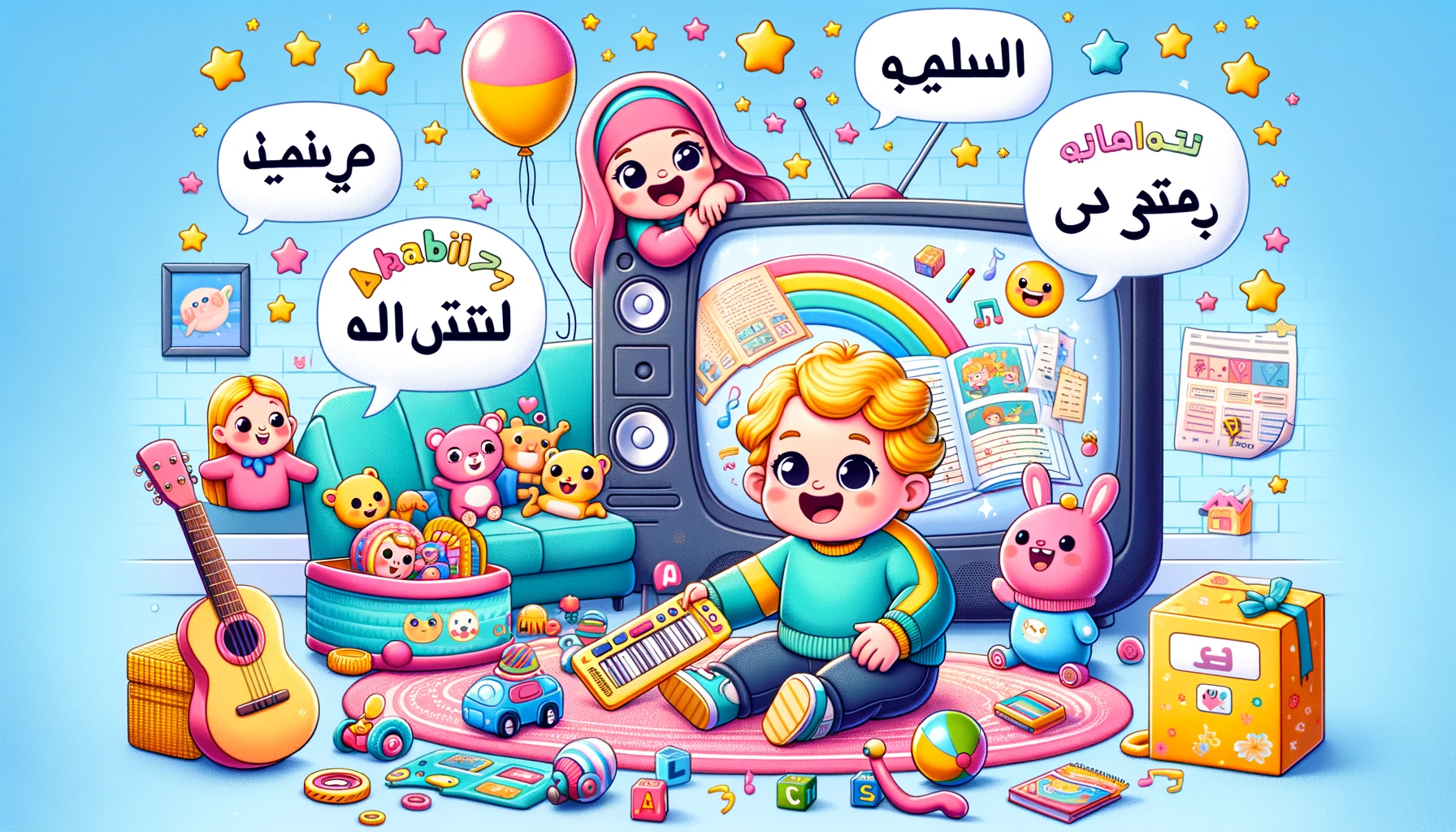
Make the learning process fun and engaging for your child. Remember, the more enjoyable the learning experience, the more likely they are to stay motivated and interested. Here’s how you can do it:
Turn Everyday Activities into Learning Opportunities:
When playing with toys, name them in Arabic. Point to objects around the house and say their Arabic names.
Incorporate Arabic into Daily Routines:
At home, use simple Arabic greetings like “Assalamu alaykum” (peace be upon you) and “Sabah al-Khair” (good morning).
Watch Arabic Cartoons:
Find cartoons suitable for specific age groups and available in Arabic dubbing. This will expose your child to pronunciation and the rhythm of the language, even if they don’t understand everything.
Seek External Resources
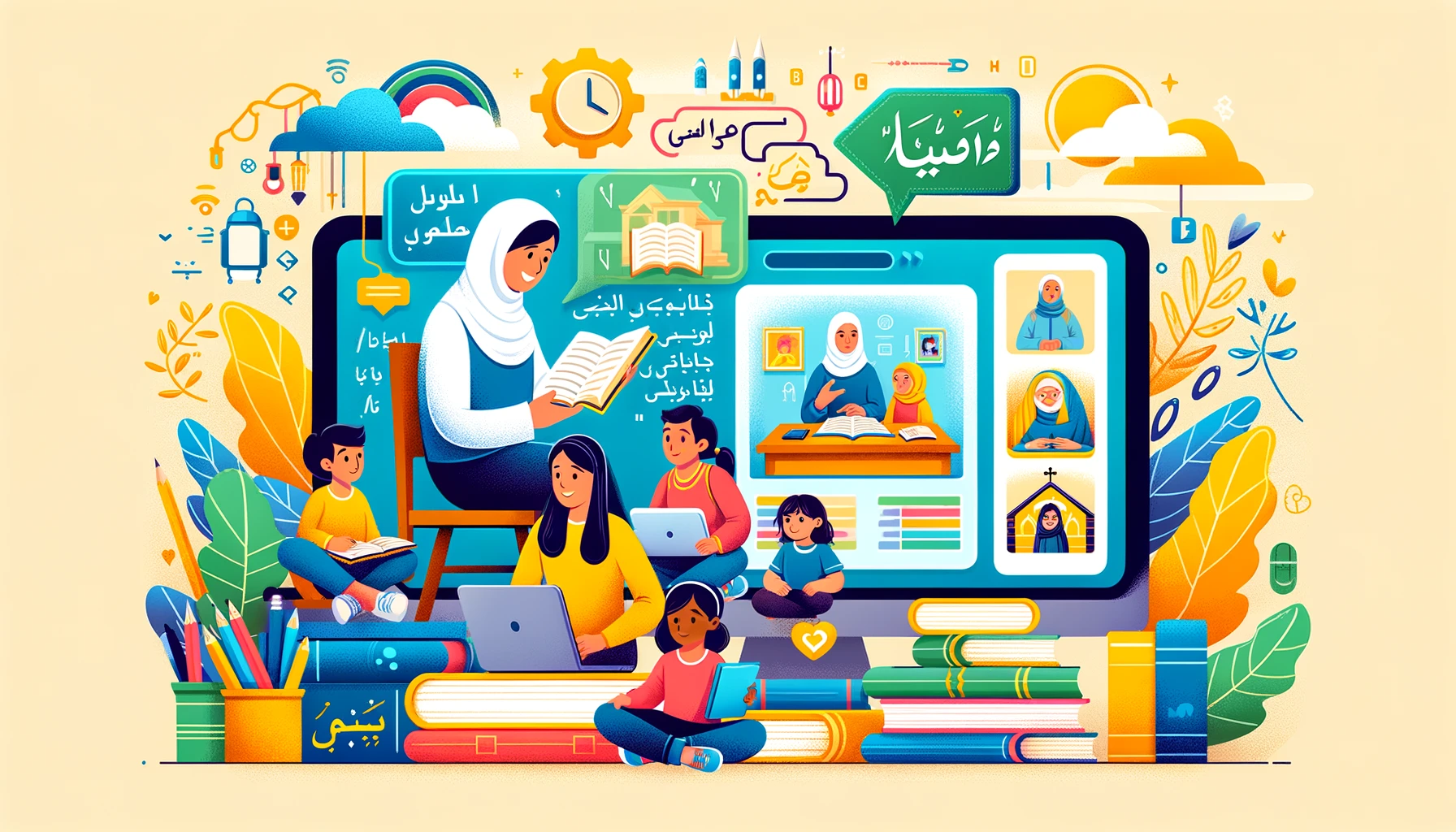
Madrasah Open House:
Attend the open house for the madrasah you’re applying to. It is a great opportunity to learn more about the school’s curriculum, including the Arabic test. They might offer guidance on what to expect in the Arabic test and suggest resources that align with their teaching methods.
Community Arabic Classes:
Look for Arabic classes offered at mosques, community centers, or cultural organizations. These can be an excellent way for your child to learn in a structured setting with a teacher.
Online Tutors:
Seeking external Resources is a great way to supplement your child’s learning. Consider online tutoring from a native Arabic speaker. This can give your child a more immersive learning experience, as they will be exposed to authentic Arabic language and culture. Many platforms offer flexible and affordable options, making it a convenient choice for busy parents.
Remember:
The goal at this stage is to spark your child’s interest in Arabic and build a basic foundation.
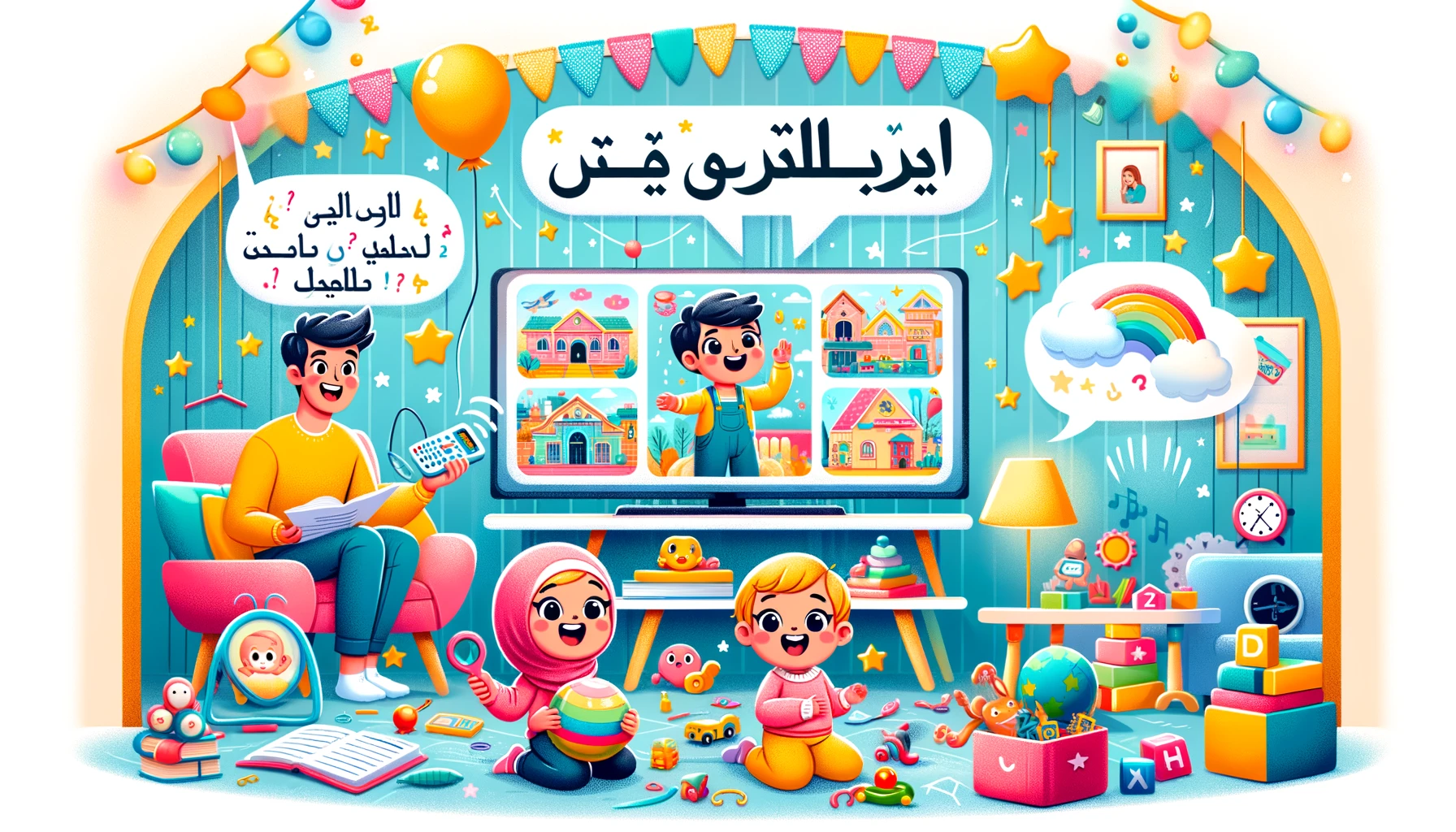
Celebrate small achievements!
Focus on creating a positive learning environment where your child feels comfortable exploring a new language. Praise their efforts, provide constructive feedback, and make learning Arabic a fun and enjoyable experience. Remember, a positive environment can significantly enhance your child’s learning journey.
Creating a positive learning environment is key to your child’s success in learning Arabic. When your child feels comfortable and supported, they are more likely to enjoy the learning process and stay motivated.
By becoming your child’s biggest cheerleader and utilizing the resources available, you can set them up for success in the Arabic portion of the MET!



